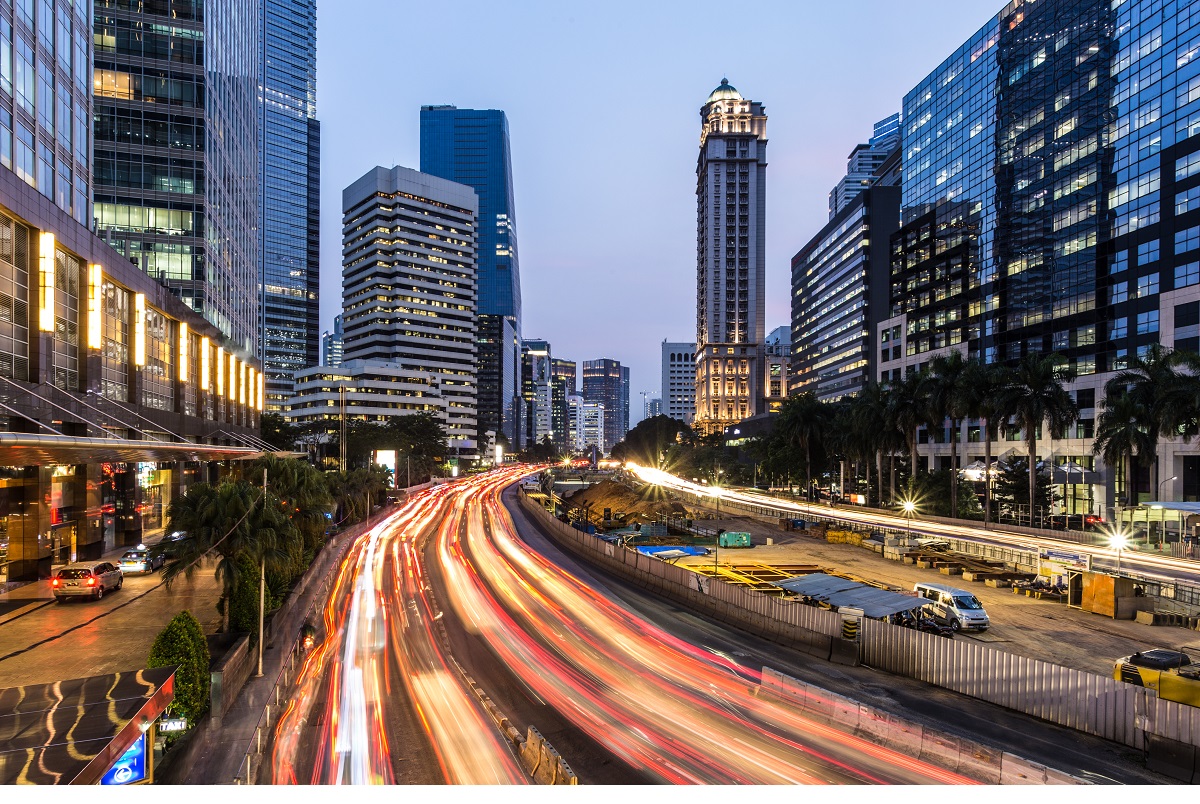Last year’s high commodity prices were detrimental to emerging market economies in Asia, but energy exporter Indonesia had one of the best years in nearly a decade. For 2022, Indonesia’s GDP growth was 5.31%, its best yearly growth since 2013.
A Reuters poll of economists was expecting the country’s economic growth to be 5.29%. The better-than-expected growth in the past year is also due to the recovery post the relaxation of Covid-19 restrictions.
Indonesia GDP growth sustainable?
During the final quarter of 2022, Indonesia GDP growth was 5.01% on an annual basis, slower than the 5.72% growth posted in the previous quarter. It was also the slowest annual growth rate since Q3 of 2021.
Southeast Asia’s largest economy saw household consumption rise during the last year, a sector which makes up over half of the country’s GDP. The pent-up consumer demand after reopening from Covid-19 restrictions likely pushed economic growth higher.
Separately, the Russian invasion of Ukraine and the subsequent shortage of commodities helped Indonesia get higher prices for its exports. Still, supply chains have now been realigned and the market is returning to normal.
“Indonesia’s export and manufacturing sectors benefited from rising commodity prices in early 2022 but this key support has now faded,” ING said in a note. Indonesia largely supplies coal, palm oil and nickel to the world.
The country’s exports have suffered in the final months of 2022, with December exports coming in 1.10% lower than the month before. However, for the full year 2022 exports have risen in double digits, with some commodity stocks enjoying higher investor interest.
“Globally, high prices of Indonesia’s main export commodities supported trade performance last year,” Margo Yuwono, head of Statistics Indonesia, said during a press briefing. “However, global commodity prices are already in downward trend, hence will impact growth going forward.”
The official added that a surge in foreign tourist arrivals also drove growth in the services sector. Among all economic sectors, the highest growth was in the production industry for transportation and storage.
“We can expect exports and the manufacturing sector to face headwinds in 2023 with the economy needing to rely more heavily on household consumption for growth,” ING adds.
The global economy is slowing down due to monetary policy tightening and inflation, which may impact Indonesia GDP growth. The Southeast Asian country saw inflation of 5.28% in January, slower than the previous month but still above the central bank’s target. The Bank Indonesia had raised key interest rates by 25bps to 5.75% in the January meeting.


 Australia
Australia China
China India
India Indonesia
Indonesia Japan
Japan Malaysia
Malaysia Philippines
Philippines Singapore
Singapore South Korea
South Korea Taiwan
Taiwan Thailand
Thailand Vietnam
Vietnam







